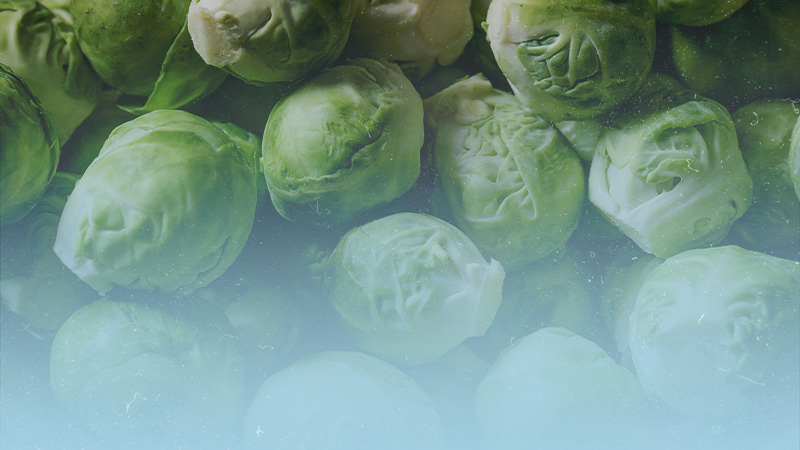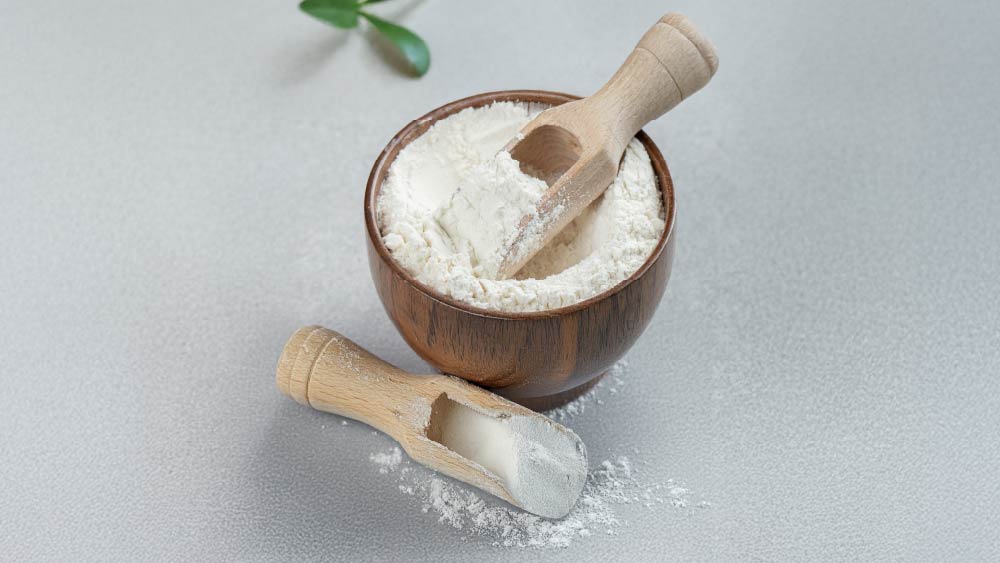Brussels sprouts – most children’s dinnertime nemesis. Seriously, even the mention may garner nightmares from when you were younger.
But maybe we can change that narrative starting with a fun fact: they actually taste better now than a couple of decades ago.
Before the 1990s, Brussels sprouts had more glucosinolates, or bitter-tasting chemical compounds.
Fortunately, scientists and seed companies in the 1990s began cross-pollinating Brussels sprout varieties trying to reduce that bitter flavor. The result? The vegetable we have now often found topping culinary menus and top-10 lists (regardless of them being drenched in butter, olive oil, or honey).
So, yeah, Brussels sprouts actually taste good now. Plus, there are a few more important reasons you should have some in your kitchen this winter and beyond.
- Protect against cancer
If you need a better reason to work Brussels sprouts into your diet, this is it. While Brussels sprouts can technically be eaten raw, cooking them is how you reap the most benefits.
Cooking Brussels sprouts (and later digesting them) breaks down glucosinolates into isothiocyanate compounds, which could have cancer-preventing benefits. Research shows isothiocyanates can protect cells from DNA damage, which makes sure your cells split and form healthy new cells in several organs, including the bladder, liver, mammary gland, lungs, and colon.
Isothiocyanates also restrict tumor growth by blocking blood vessels from growing in already-formed tumors. Without blood vessels, the tumor is starved of oxygen and nutrients, so it can’t grow or spread.
Now, we will mention some evidence suggests Brussels sprouts and other cruciferous vegetables might increase the risk of pancreatic cancer, but the research is largely inconclusive and debated.
- Help maintain healthy blood sugar
Did you know that over 34 million Americans have diabetes? It turns out, eating Brussels sprouts can help with that, too.
Topping out at about four grams each, Brussels sprouts are a good source of fiber, with an almost-even split of both soluble and insoluble fibers to keep your blood sugar in check.
The soluble fibers in Brussels sprouts dissolve and slow digestion to keep your blood sugar levels stable. Meanwhile, insoluble fibers have a similar effect, although they cannot be dissolved or digested. And because these fibers can’t be digested, they can’t be broken down into sugar molecules, which is usually how fiber-dense carbohydrates are digested. So instead, insoluble fiber passes through your body undigested, which prevents blood sugar spikes.
- Improves gut health
We’ve discussed before the importance of gut health. Well, adding Brussels sprouts to your diet can certainly help achieve that goal, as they promote digestive health through the growth of healthy gut bacteria.
Some of the fibers in Brussels sprouts, like pectin and cellulose, as well as glucosinolate, allow the gut bacteria to create short-chain fatty acids. The fatty acids then strengthen the gut barrier function, which in turn helps support your immune system and regulates your weight, glucose, and cholesterol, all of which need healthy gut bacteria to flourish.
A healthier gut means a healthier you. And a healthier you could certainly start by picking up some Brussels sprouts next time you’re at the grocery store. If nothing else, do it as a fun test to see just how much science has made them taste better … or not.






